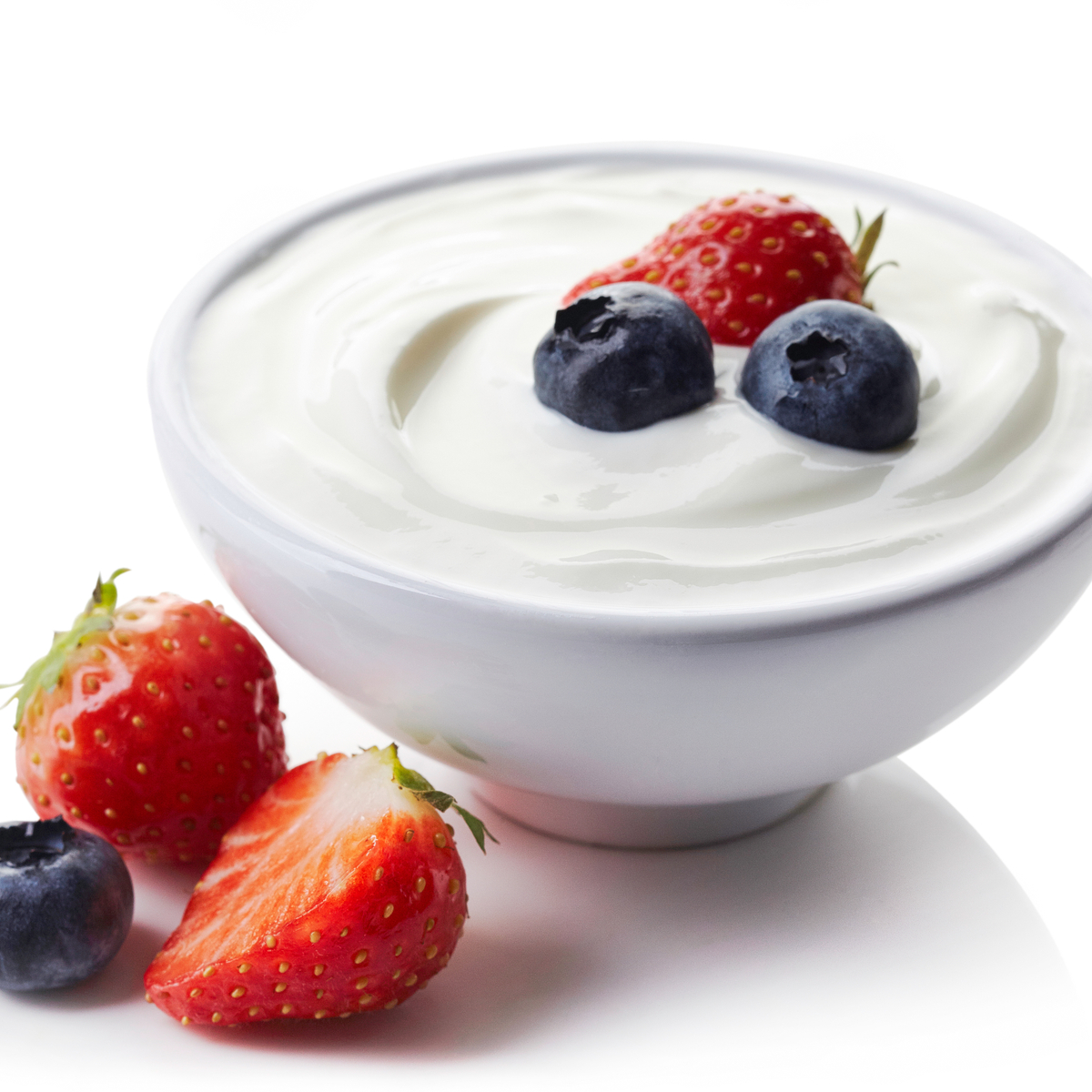Irritable Bowel Syndrome (IBS) is a chronic gastrointestinal disease. The exact reason for the disease is unknown and may be a combination of multiple factors. IBS causes several symptoms such as a change in bowel habits, cramping, abdominal pain, an intolerance to food, and distention. A diagnosis of IBS is based on symptoms over the span of at least six months and a frequency of signs and symptoms (mentioned above) which occur at least a few times a month. There are two types of IBS: IBS-D (IBS with diarrhea) is characterized by continuous or recurrent diarrhea, and IBS-C is characterized by constipation and abdominal pain. Treatment includes dietary modifications, lifestyle changes, and prescription medications (on the recommendation of a doctor).
Medication
Medicine can help improve and control symptoms on a temporary basis, allowing those suffering from IBS to lead a normal life. There is no known cure for the disease yet. Treatment includes dietary modifications, lifestyle changes, and prescription medications. The selection of pharmacologic treatments remains symptom-directed as there are different medications to treat different symptoms. Maintain a healthy diet and eat food with fiber (no high fiber food intake during diarrhea) to circumvent the possibility of worse, more severe symptoms.
Rifaximin (Xifaxan)
Rifaximin is a medicine which must be taken over a period of 14 days. This medicine is helpful for those suffering from IBS and experiencing symptoms such as chronic or recurrent diarrhea and distention (bloating). If a recurrence of IBS occurs, patients are once again given a course of medicines to take over a course of 14 days.
Antidepressants
Antidepressants with desipramine in their formulation can be used in low doses to combat pain caused due to IBS. Norpramin is commonly used. Antidepressants with fluoxetine can be used in cases in which a person is suffering from both depression and IBS. Prozac is commonly used for this. Low doses of tricyclic antidepressants and selective serotonin reuptake inhibitors can be used to treat abdominal pain.
Osmotic Laxatives
Osmotic laxatives such as milk of magnesia and nonabsorbable sugars such as lactulose can be used to fight constipation. Most medicines are available without a prescription and should be taken once in a while in case of severe constipation. Increasing the fiber content in your diet may help as well.
Probiotics
Probiotics are live microorganisms which are introduced into the environment of the gut. Live microorganisms similar to the ones in our digestive tract may be taken to combat IBS. Consult with your doctor before starting to take probiotic supplements.
Featured Image: Depositphotos/© EmiliaU

